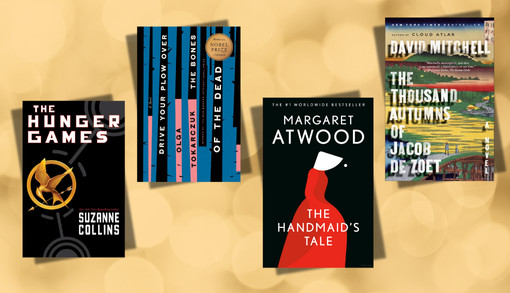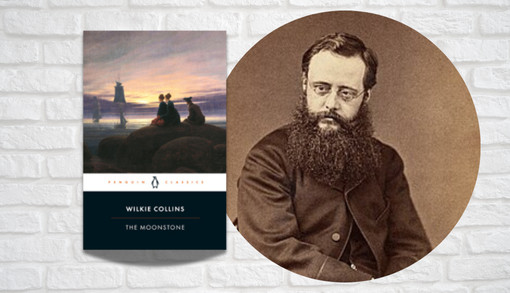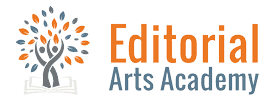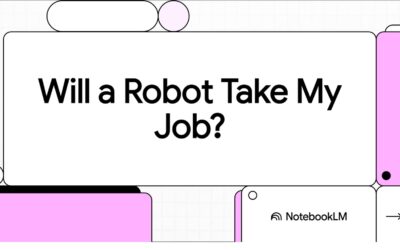In her book The Writer’s Advantage: A Toolkit for Mastering Your Genre, Laurie Scheer writes, “No idea on its own is great enough to sell without knowing the marketplace you’re selling it within.”
Scheer’s advice applies to both writers and editors. The writer takes primary responsibility for understanding their audience and writing a good book. Writers should educate themselves about the publishing industry as part of the landscape in which their book will live.
However, freelance editors are powerful motivators and allies to the writers they work with, and one gift we can give our clients is to let them know how important an understanding of genre is to their book’s success.
Why Should Freelance Book Editors Understand Genre?
As an editor, you don’t need to know everything about a given genre. But you should learn enough to give the writer (particularly novice writers) a general understanding of why it matters. This is because:
* Publishing is a business, and all book editors are in the business, including independent editors who work with both self-publishing writers and those aiming for traditional publication.
* Successful books are those that understand the context of the marketplace, and that context includes genre.
* Helping the writers you work with understand how their book relates to other books in its genre gives them necessary context.
* The writer toiling in a basement without this context may be surprised at the poor reception their work receives.
* Knowing about the basic traits and tropes of various genres (for example, historical fiction, or romance, thrillers, science fiction, fantasy—whatever you’re working on) will hone your developmental analysis and revision advice into something really useful.
* Sharing your knowledge of genre helps the writer create (through revision) a book that resonates with its intended audience.
This last sentiment applies equally to traditional publishing and self-publishing. In traditional publishing, your first intended audience is agents and publishers. In self-publishing, it’s the reader.
Understanding genre is one of the few things writers and book editors can control about whether a book lives or dies in the marketplace of readers, regardless of which route the writer takes to publication.
What We Mean by Book Genre
Genre doesn’t refer just to what we might think of as “genre fiction,” such as mysteries, romances, science fiction, fantasy, and so on. Readers often stick to a particular genre because they like it, and because bookstores, libraries, and online vendors make their favorite authors easy to find by classifying them with other books of that type, but many books transcend genre or might be shelved in more than one.

For example, bestselling author Margaret Atwood wins awards for her literary fiction, but many of those novels (like The Handmaid’s Tale, first published in 1985) are also classified as dystopian, futuristic, or speculative fiction, and could be shelved in those areas of the bookstore or library.
To take another example, The Hunger Games by Suzanne Collins is dystopian fiction that falls under the category of young adult (YA) fiction, and could be shelved accordingly.
Literary mystery Drive Your Plow over the Bones of the Dead is written by Nobel-prize winner Olga Tokarczuk. It meets the standards for both its genre (mysteries) and its “category” (literary fiction), and could be shelved in either location. So could The Thousand Autumns of Jacob de Zoet, literary historical fiction by David Mitchell.
The list goes on and on. To be noticed, purchased, and loved by readers, books need to work on more than one level. One of those levels is genre.
Should Editors Niche in One Genre?
That depends. Some editors specialize in one genre, while others (like me) are generalists. I work on fiction across all genres and categories because I believe that a story is a story, and the essentials that make readers want to turn the next page do not substantially change with genre, though each has its hallmarks and traits.
As a generalist, I love all genres. Over the last fifteen years as an editor (and decades as an avid reader), I’ve developed the skills to work on them all. I’m a huge fan of “genre” fiction in my personal reading, and I’ve worked on mysteries, speculative fiction, thrillers, crime novels, middle grade and young adult novels, coming of age stories, and novels that cross genre or occupy a very small niche. I’m also a great appreciator of literary fiction and understand the importance of an extremely high level of prose in these novels, many of which also transcend genre.
If you do niche in, say, romance, it makes sense to delve deep into the genre’s tropes and traits—which include creating romantic tension early on, having the characters overcome obstacles to love, and ending with a “happily ever after” (or happily for now). If you don’t have this basic knowledge of the genre you’re editing, there’s a very real risk you’ll give the writer advice that ignores what their readers look for and crave in a book. This can make it look like you don’t know what you’re doing and, ultimately, cost you referrals and repeat clients.
Even if you don’t niche, you should know enough about every genre you encounter to be useful to the writers you work with. And that requires educating yourself.
How to Educate Yourself about Book Genres
In my editing career, it took me a while to understand the importance of educating myself on genre. I came to editing from an MFA program that rarely discussed genre in any context—the exception being one of my mentors, Benjamin Percy, who writes literary speculative fiction and has no beefs with delving into discussions of “genre” fiction.
If you’re new to editing or you’re a generalist editor, the first step in understanding genre is to find a list of genre traits.
The quick (but flawed) solution is to get information online. You can ask AI or an internet browser’s search engine to fetch you the genre traits of whatever manuscript you’re working on.
That approach is flawed because online information is subject to error, other people’s misconceptions, and poor data. People can write whatever they want and publish it, but that doesn’t mean it’s accurate. If you’re relying on someone’s blog for your information, you’d need to check other sources.
Over time, you can develop deep and ready knowledge of genres. And you should, if:
- you plan to niche in a particular genre
- you work with intermediate to advanced writers—many of them will know about genre and will want your opinion
- you really want to understand the publishing world and how books succeed
- you write in that genre yourself
How Do You Understand Book Genres at a Deeper Level?
If you decide to go deeper, take a few months or years (of course, you can still edit books effectively while you do this!) and go through the following steps.
Start with online research. You can discover the most successful titles of the past five years in any given genre through online lists by organizations like Goodreads or publications like Publishers Weekly.
Then read your way through these books. Notice the publisher’s imprint and year of publication. (As an editor, you should do this for every book you read.)

Also read your way through the classics in that genre. Learn the genre’s history—for example, if you’re working on mysteries, you might be interested to know that The Moonstone, by Wilkie Collins, is considered by many to be one of the earliest full-length mystery novels. It was first published in weekly serialized installments in All the Year Round (1868), edited by Charles Dickens. The book was published that same year.
As you read both current and past exemplars of the genre, note the basic elements within storylines.
Then (or concurrently) acquaint yourself with subgenres and hybrid genres. This will be very useful to you and your clients, as it will allow you to work effectively on novels that have more than one thing going on.
And as you go through this reading program, consider joining a genre-specific organization such as the Science Fiction and Fantasy Writers’ Association, Romance Writers of America, or the Historical Novel Society. This is especially useful if you plan to niche. Joining an association can be fun, informative, and potentially a way to meet writers and other editors in that genre. (We all know the value of community to freelance editors!)
In all of these activities, you’re trying to absorb the traits of genre fiction by a combination of education and osmosis. It’s a great way to learn, and it will allow you to talk with writers about their book in a larger context.
Why Editors Should Learn about Genre: The Recap
Every single skill you bring to the table as an editor will benefit the writers you work with. Taking the time to learn the larger context of genre and category will reap benefits for the books you work on, the writers you work with, and yourself. You’ll bring increasing confidence, expertise, and skill to each edit you do. This will, over time, result in many repeat clients, great testimonials, and ultimately, better books that will delight their audience of readers.
Want to learn more about how to edit fiction?
Join me to delve deeper into genre and other big-picture aspects of fiction editing in the course I created for Editorial Arts Academy, Developmental Editing for Fiction.
I’d love to see you there!



